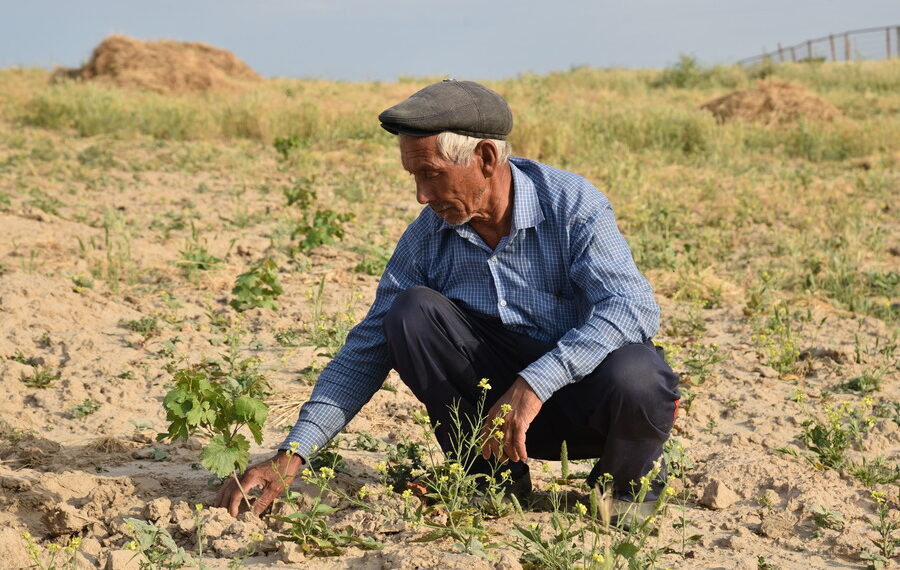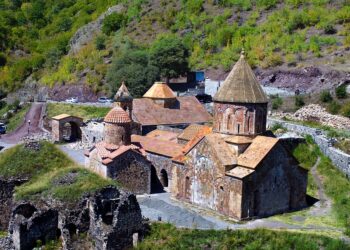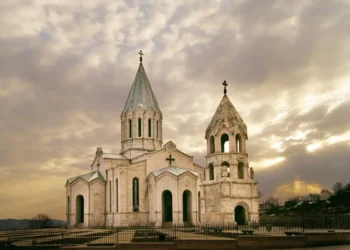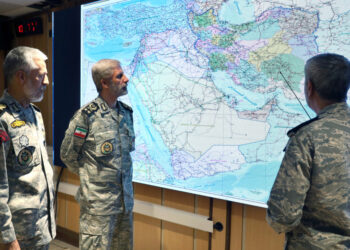NURSULTAN (Realist English). In the modern unstable world, problems that until recently had a rather narrow, expert connotations, produce a new impression and acquire new relevance. One of them is food security, which can be confidently called today the problem, whose solution (or the lack thereof) determines the social and political balance in any country, region and the world as a whole. The states of the post-Soviet space, in particular, Russia and the republics of Central Asia, are no exception.
The question of what needs to be done to neutralize the challenges and threats associated with galloping food inflation in the Greater Eurasia region was discussed on August 25 this year as part of the expert teleconference “Food security in Central Asia: is hunger threatening us?” organized by the Center for Analytical Research “Eurasian Monitoring” (Nur-Sultan). Scientists and experts from Kazakhstan, Russia, Uzbekistan and Turkey took part in the discussion.
Globally, the theme of the event is associated with global problems of achieving goals of sustainable development. As you know, one of these seventeen goals implies the elimination of hunger, ensuring food security and improving nutrition, as well as promoting sustainable agricultural development. Despite the fact that first the pandemic, and then the large armed conflict that began in the Ukraine, made it almost unattainable by 2030.
Disrupted logistics, growing anthropogenic influences, unstable geopolitics have led to the fact that food prices are breaking records in almost all countries. There is no threat of famine in Central Asia as such, but there are quite pronounced risks to social and economic stability due to the fact that food products included in the basic consumer basket are becoming less and less affordable for the majority of ordinary citizens. And, unfortunately, one clearly cannot expect positive changes in this regard in the foreseeable future.
As the participants of the discussion at the Eurasian Monitoring platform noted, the imbalance between the growing population and the reduction of land suitable for agricultural activities, that is, for food production, is becoming more visible and alarming in Central Asia. The entire population of the post-Soviet states of the Central Asian region has exceeded 76 million people today. The mark of 100 million is not far off. And this population needs to be fed, despite the fact that there is no more agricultural land or water resources. It should also be borne in mind that, with the exception of Kazakhstan, in the rest of the Central Asian republics, the majority of the population lives in rural areas.
The imbalance of national and regional food security systems, aggravated by climatic and demographic challenges, is already beginning to form new threats to national security, to which the Governments of the Central Asian States will have to look for the fastest and most effective response. Otherwise, as always, a sudden and difficult-to-manage deterioration of the social situation in the region and individual countries cannot be avoided.
Of course, there is no unambiguous solution to the problem, the more so at an accelerated pace, rather, it is necessary to understand that food security in conditions of global instability takes on a systemic character, respectively. And it can only be supported systematically and collectively, in this case without reducing everything to food speculation.
The solution to the problem of food inflation should be sought through the establishment of joint systematic work on food security management, both at the micro and macro levels.
Taisiya Marmontova — Candidate of Sciences (History), expert of the Center for Analytical Research “Eurasian Monitoring”, Associate Professor of the International University “Astana” (Nur-Sultan, Kazakhstan), special to the Realist News Agency


















